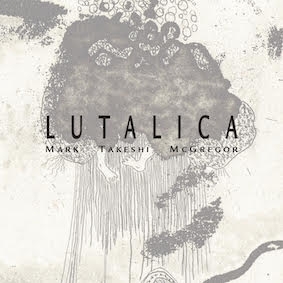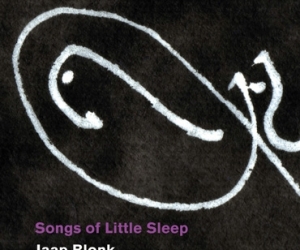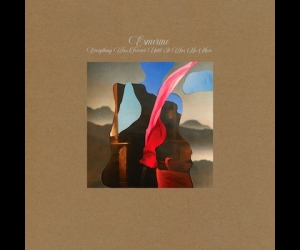
The word lutalica, invented by writer John Koenig in his Web-site and YouTube series Dictionary of Obscure Sorrows, denotes the parts of one’s identity that are uncategorizable. For West Coast flutist Mark Takeshi McGregor, the word calls to mind the dissonance between his Japanese, Australian, and Canadian heritage and the Eurocentric nature of most classical music. Lutalica, McGregor’s newest release on Redshift Records, is his response: nine contemporary works for solo flute, all by composers who, in one way or another, are adjacent to the Pacific.
There’s a lean, focused intensity to McGregor’s playing that suits this music. The opening track, Hope Lee’s forever after, begins with energetic, tightly wound melodic fragments that build up and around one another; McGregor pulls each one viscerally from his instrument as if it were an act of deep catharsis. The momentum is captivating in its turbulence, yet other standout moments on this album are arguably those where the music abandons its goal of filling the space with sound, and instead embraces the flute’s singularity. Etsuko Hori’s Tamazusa—a hauntingly sparse piccolo piece found midway through the disc—provides one such moment; there, the sudden appearance of hollow, unadorned piccolo tone serves as a brief parting of the clouds, revealing a different expanse of sky.
The album ends with a work whose title includes another word that has no standard English equivalent: Emilie LeBel’s Hiraeth (Migration no. 2), which incorporates a Welsh word conveying, among other things, grief for a place from one’s past. In the piece, sequences of long tones and fragile multiphonics slowly take shape and shift. The music has a very real presence in its vulnerability—as does all of McGregor’s playing on this disc.


